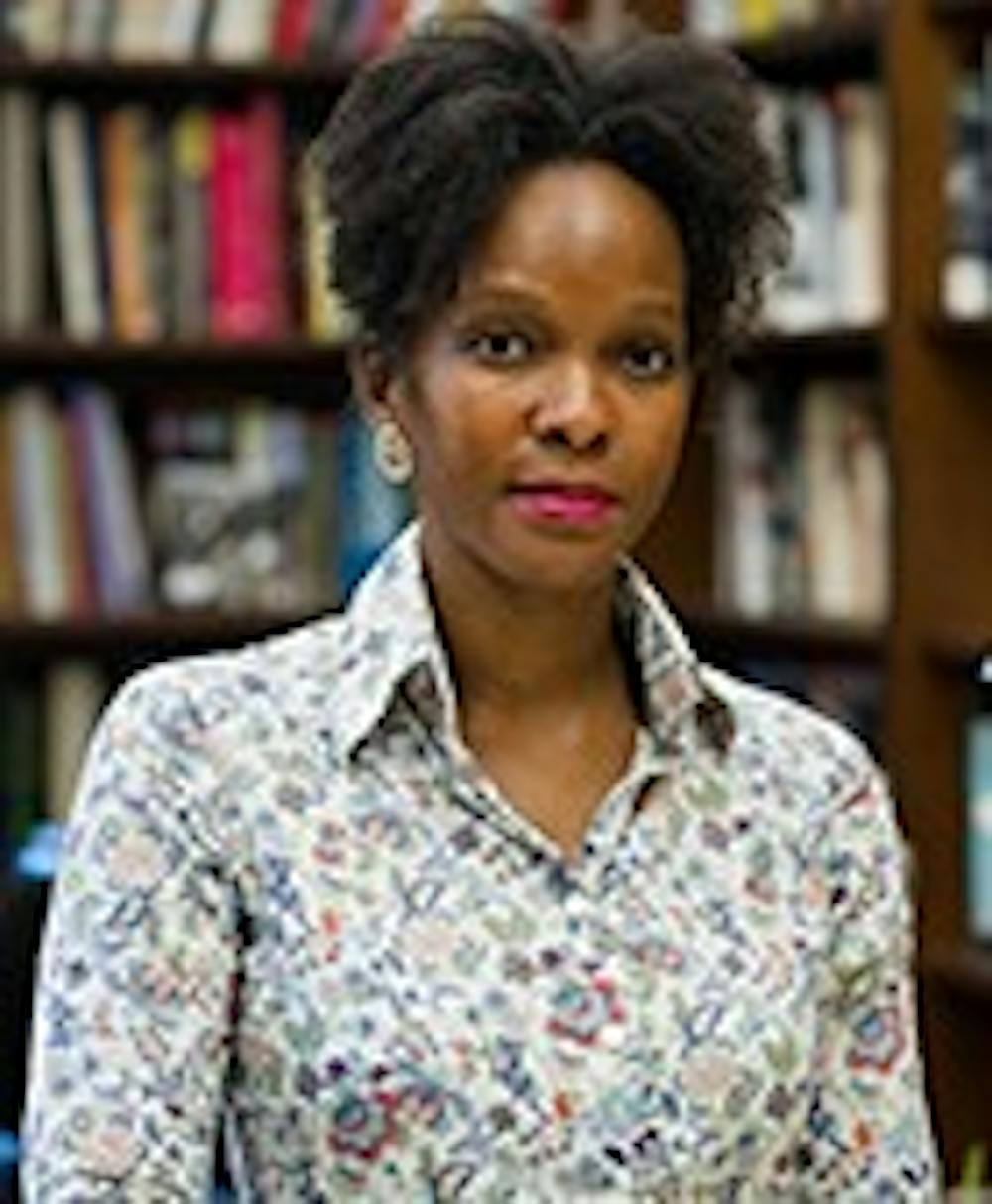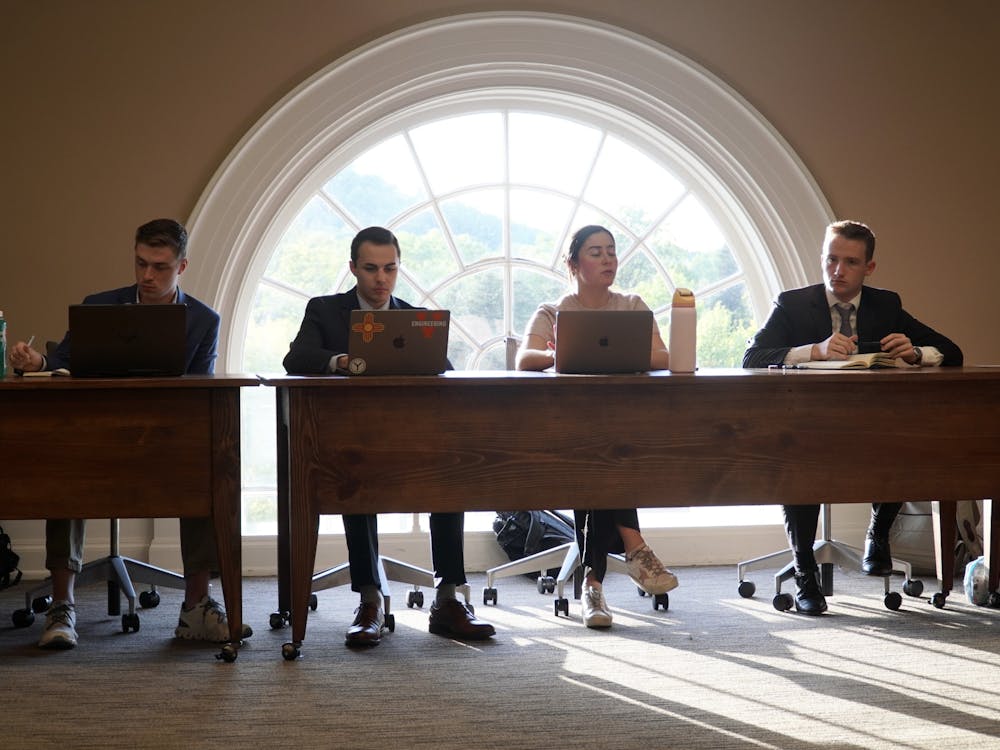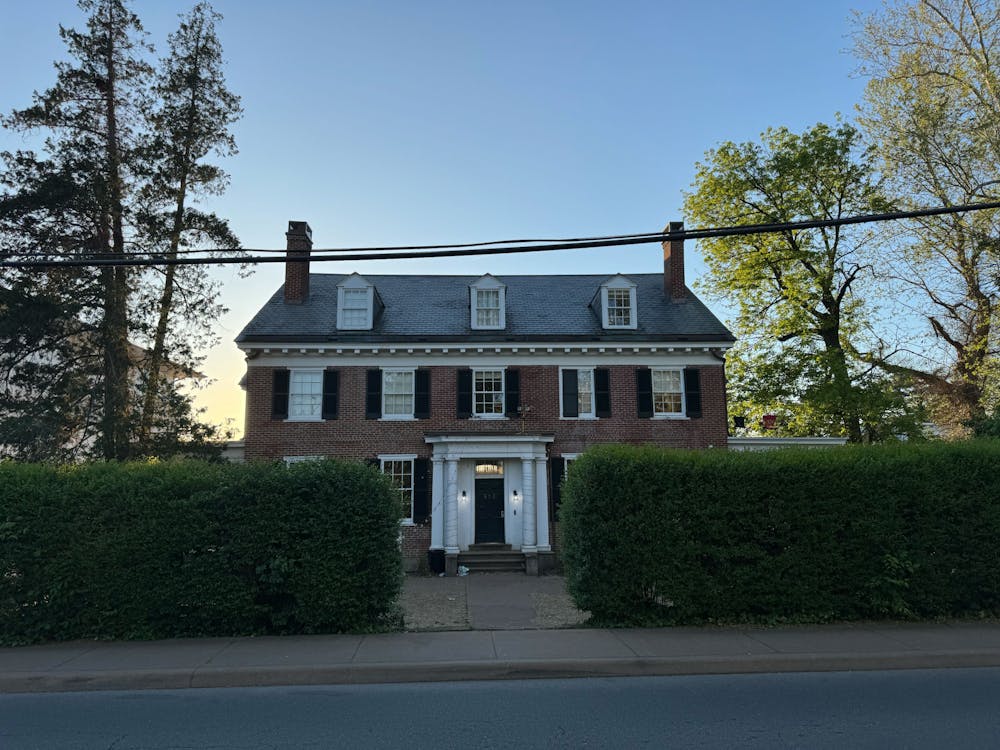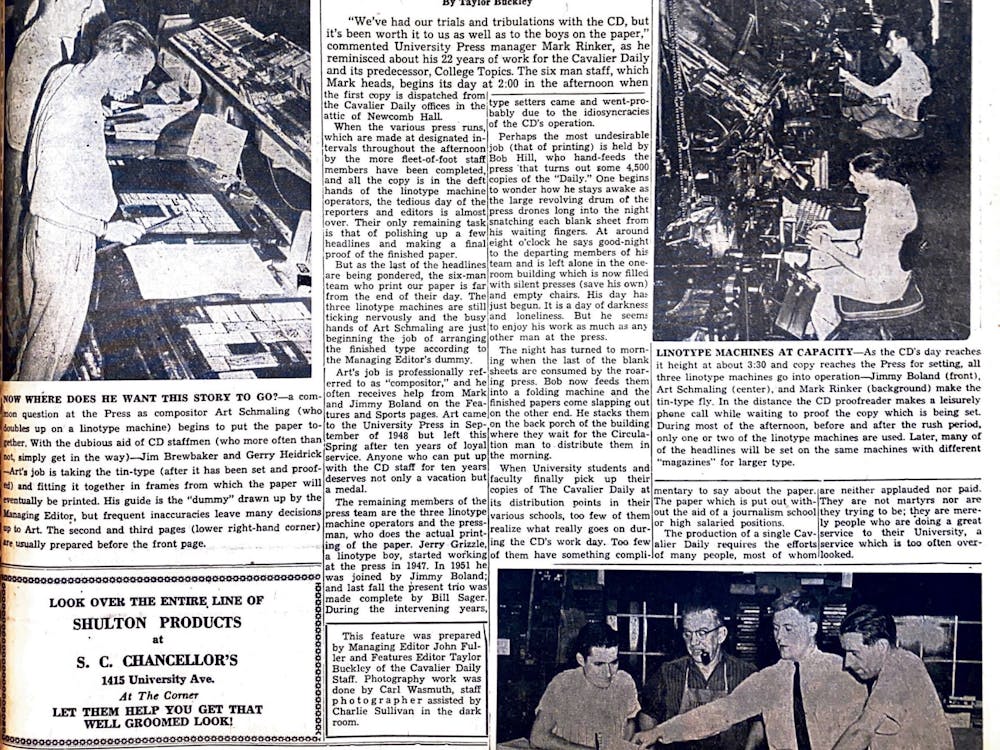The Carter G. Woodson Institute and the University’s Office of African-American Affairs hosted the Black History Month’s Keynote Lecture Tuesday. Princeton University’s Center for African American Studies Prof. Imani Perry delivered the lecture.
During the lecture — titled “Black Lives Matter, Black Life Matters” — Perry spoke about the dichotomy between these two phrases and how they affect the black community.
“The slogan ‘black lives matter’ is a bold assertion in the faces of social forces that systematically deny the value of black people in every arena,” Perry said. “It is essentially saying we will hold you accountable for killing our people with impunity. To say that black lives matter doesn’t deny all lives — rather it focuses the attention on those lives that are consistently placed at the bottom of the human hierarchy in this nation.”
Perry said the phrase “black life matters” refers more to the universal view of black culture.
“The mantra ‘black life matters’ — to me — strikes a distinctive, likewise essential note,” Perry said. “To speak of black life is not to simply speak of the facts of the individual lifespan, but the world’s view of that beautiful thing — black life. Black life is not simply a matter of phenotype, or genealogy — it makes a kind of being, one that’s ever-resistent and ever-resilient.”
Perry spoke about layers of symbolic boundary formation — essentially meaning people are always aiming to be slightly better than others, and how these aims have affected the black community.
“All the way from top to bottom we aim to be better than others, but we must never forget so much of the greatest artistic beauty comes from the least of these,” Perry said. “This is incredibly evident in black artistic practices.”
Kwame Edwin Otu, a Ph.D. student and Woodson Scholar at the University, said he views the phrase “black lives matter” as representative of the “flame of humanity” within the black community and the desire to keep this flame alive.
“For me U.Va. represents, in a way, the larger issues happening in an American context,” Otu said. “I feel that U.Va. is afraid to talk about black lives, and black people themselves are uncomfortable talking about black lives.”
Otu said black students’ fear of talking about black lives stems from the lack of spaces on Grounds where such discussion can take place.
“U.Va. does not create an environment where we would be able to have these conversations, and I believe that those who make this environment here are the students,” Otu said. “Where are the black spaces compared to the white spaces?”
He also said if students were willing to take on responsibility and engage in conversation about race then these spaces can exist.
“Being at a university means learning about the universe, that is where the word comes from. You are here to learn about so many things, one of which is race,” Otu said. “So if students are not willing to have dialogues, and students...seek comfort in their fraternity and sorority houses, then none of them are going to venture out and the spaces are not going to be made possible, black bodies are always going to be buried in the deep landscape defining U.Va.”
Perry ended her lecture by saying black people don’t need to be rescued, but need non-black people to end the hostility towards blacks in America.
“[Americans] need to rescue themselves from that ugliness, and stop working so hard to assert that they are different from black people,” Perry said. “There’s a difference between rescuing others and rescuing oneself. The latter depends on internal, as well as institutional, transformation.”





